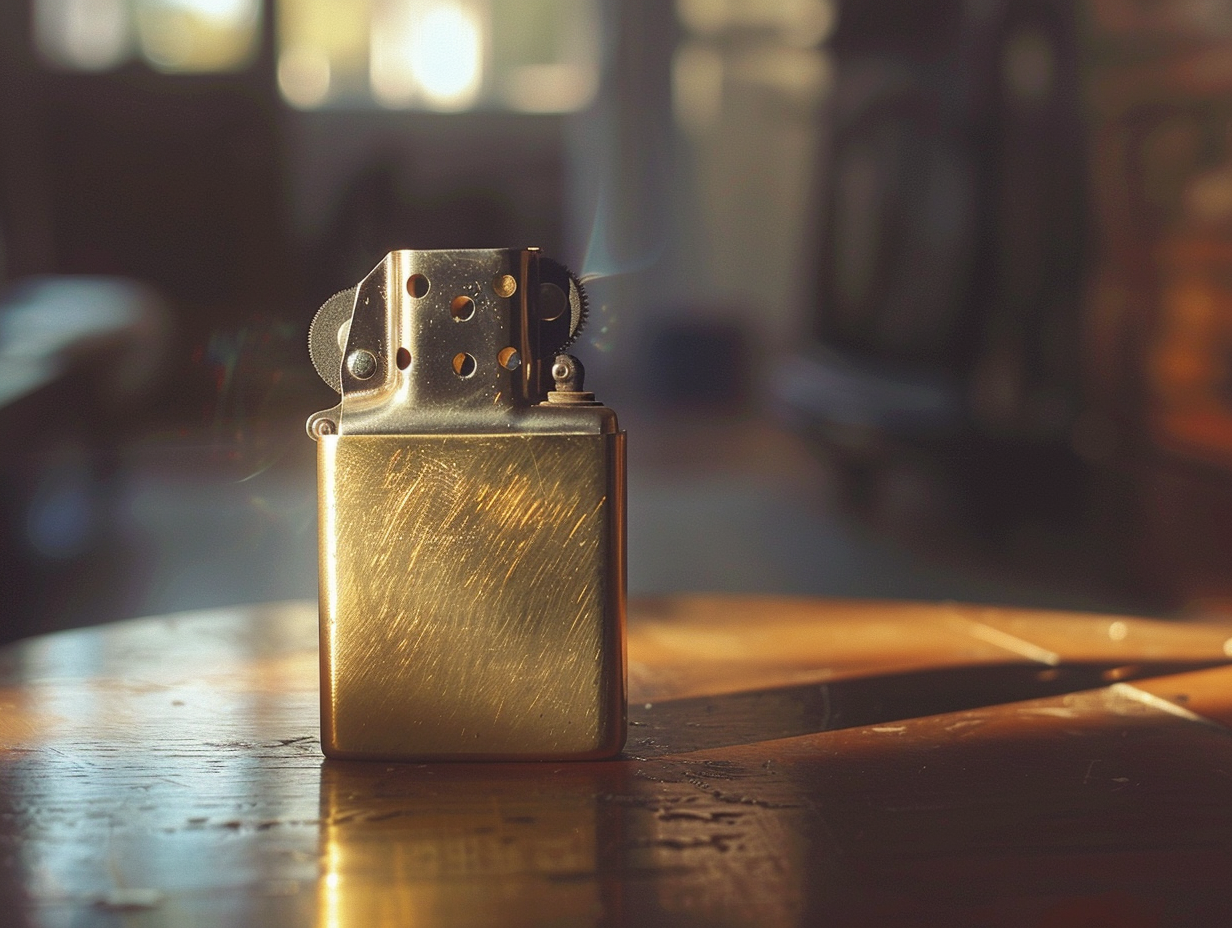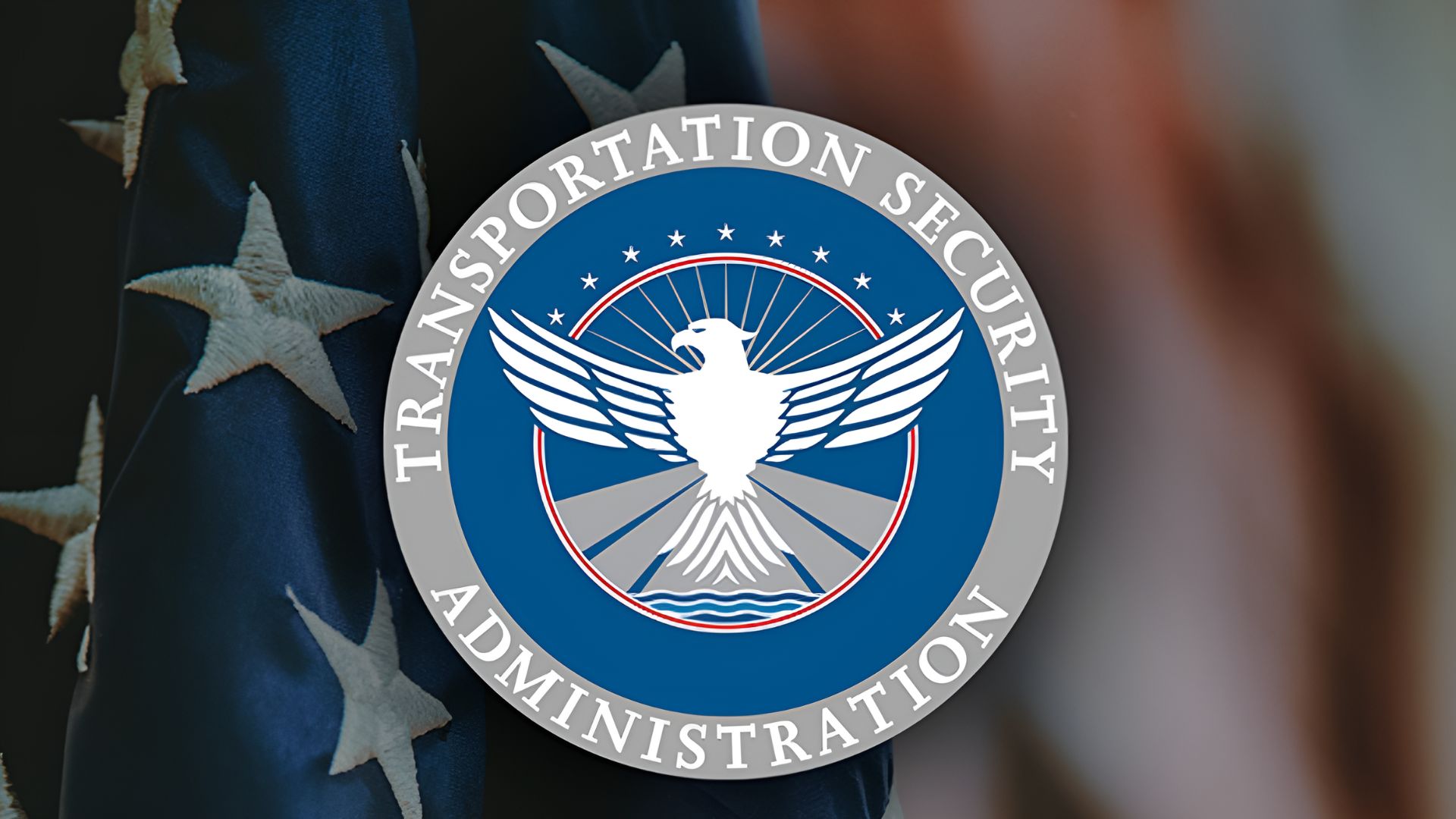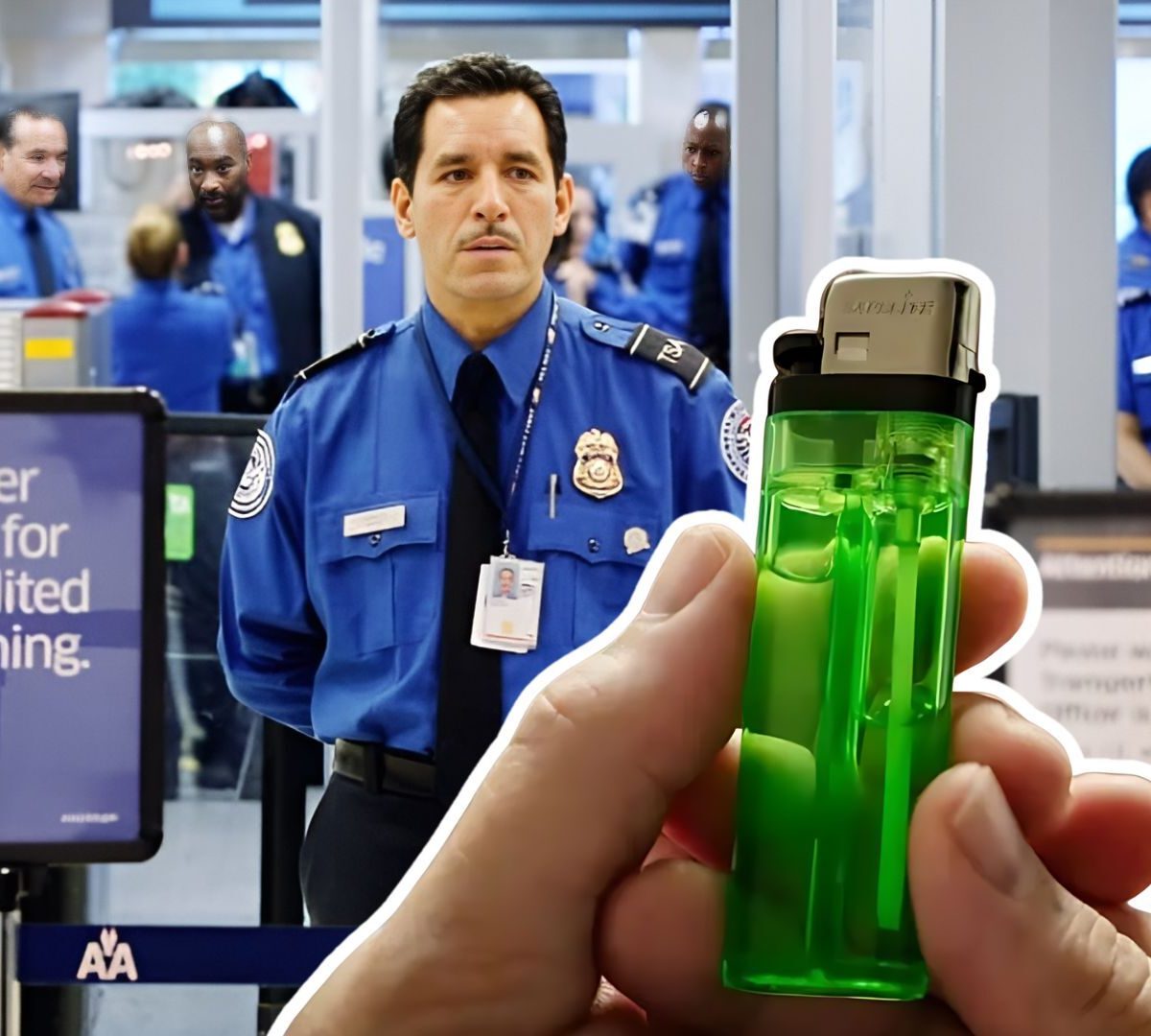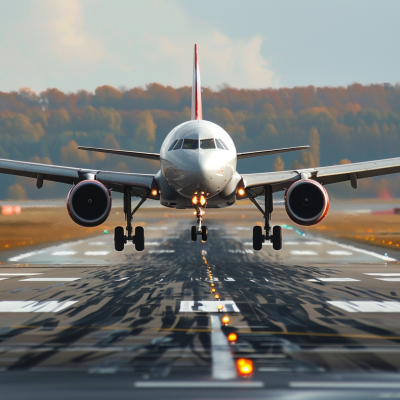Navigating air travel regulations can be intimidating, yet essential for a hassle-free journey. When packing, one might wonder, “How permissible is it to carry a lighter on a plane?”
This question sparks curiosity and underscores the complexity of what seems simple.
Regulations about carrying lighters in air transit are not merely bureaucratic hurdles; they are crafted with safety at their core.
Uncovering these rules prepares you for smoother security checks and ensures the safety of all passengers on board.
This article will guide you through the complications of flying with lighters, helping you comply with the law while keeping your essentials close.
Defining Lighters for Air Travel Purposes
When preparing for air travel, knowing what counts as a lighter and how it is controlled is important. In air travel, a lighter is usually seen as a small tool for creating a flame to light things that can burn, like cigarettes or candles.
This includes throw-away lighters, refillable butane lighters, and special lighters that may look like everyday items, such as pens or USB drives.
1. Rules for Carrying Lighters on Planes
The rules for carrying lighters on planes differ for hand luggage and checked baggage.
Carrying Lighters in Hand Luggage
You can carry one lighter in hand luggage, but it must always be on you during the trip. You can’t just toss it into a carry-on bag. Instead, it would help if you put it in a see-through plastic bag or a safe lighter case to stop it from accidentally lighting.
Most airlines say this lighter must be a regular throw-away or Zippo lighter. Torch lighters are often not allowed because their flame is stronger.
Packing Lighters in Checked Baggage
Lighters are usually not allowed in checked baggage. This is because of changes in pressure and the chance of the lighter lighting by accident when no one is watching it.
Not having a lighter in checked baggage is a strict rule that most airlines and security groups worldwide make sure people follow.
It’s rare to allow a lighter to be packed in checked baggage. If it is allowed, it usually requires special reasons, and the airline should first say it’s okay.
2. Safety Concerns and Reasons Behind Regulations
The restrictions and bans on certain types of lighters in air travel are grounded in significant safety concerns.
Lighters are potential ignition sources, making them hazardous in environments where accidental fires can have disastrous consequences.
The main reasons for regulating their presence on aircraft include the risk of accidental ignition and the potential for misuse.
Accidental Ignition: Airplane cabins are environments where pressure and temperature fluctuate, potentially leading to unintentional ignition if a lighter is not properly designed or securely stored. Disposable and Zippo lighters, usually allowed, have safety features that minimize these risks, unlike torch lighters, which can produce a much hotter flame and are consequently banned from carry-ons and checked luggage.
Potential for Misuse: Lighters can be used to start a fire intentionally, posing a severe security threat aboard an aircraft. Restricting the types and numbers of lighters that can be brought on board is a preventive measure to reduce this risk.
Practical Tips for Packing Lighters When Flying

Ensuring you pack lighters safely when flying can save you time at security checks and prevent potential hazards. Here are some practical tips for transporting lighters safely, gathered from security experts and seasoned travelers:
1. Choose the Right Lighter
When packing a lighter for air travel, choosing a standard disposable or Zippo lighter is best. These lighters are usually allowed on planes and are considered safer than torch lighters.
Torch lighters often have a stronger flame and may be banned by airlines. By selecting a simple, approved lighter, you can avoid any issues at security checkpoints and ensure a smooth travel experience.
2. Use a DOT-approved Case
To ensure you’re following all the rules and keeping things safe, consider using a lighter case approved by the Department of Transportation (DOT).
These special cases are made to prevent your lighter from accidentally turning on.
Using a DOT-approved case shows that you’re serious about safety and can help you avoid any problems with security or airline staff.
It’s a simple step that can make your travel experience much easier.
3. Be Transparent with Security
Whenever you go through airport security, being honest and upfront about having a lighter with you is important. Let the security staff know immediately that you have a lighter in your carry-on or personal item.
Being clear and transparent helps the security check go more easily and shows you’re committed to following safety rules.
Don’t try to hide your lighter; work with the security team to ensure everything goes smoothly.
4. Check Airline and International Regulations
Before your flight, take a few minutes to look up the specific rules about lighters for the airline you’re flying with and the country you’re going to.
Different airlines and countries can have distinct regulations, so it’s important to know what’s allowed.
Some places might have stricter regulations or not allow certain types of lighters. By checking ahead, you can ensure you follow all the rules and avoid surprises when traveling.
Comparing TSA and International Guidelines on Traveling with Lighters

Understanding how different countries regulate the carriage of lighters in air travel can help travelers prepare for international flights. While the Transportation Security Administration (TSA) provides guidelines for flights within and departing from the United States, regulations can vary significantly worldwide.
- TSA Regulations: The TSA allows one lighter per passenger in carry-on bags or on their person but prohibits all lighters in checked baggage. Lighters must be standard disposables or Zippo lighters; torch lighters are strictly forbidden due to their intense flame.
- European Union (EU) regulations align with the TSA, permitting passengers to carry one lighter on their person but not in carry-on or checked luggage. However, the EU specifies that the lighter must be held in a resealable plastic bag, a requirement not mandated by the TSA.
- United Kingdom (UK) regulations are stricter, allowing passengers to carry a lighter on their person throughout the flight, enclosed in a transparent plastic bag, similar to the EU’s guidelines.
- Australia takes a cautious approach, prohibiting passengers from carrying any lighters in their personal or carry-on luggage. Lighters are only allowed in checked baggage if sealed in a DOT-approved container.
- Notable exceptions exist in countries like Japan, where limited quantities of safety matches or non-fluid lighters are permitted, contrasting with regions where all matches or lighters may be entirely banned from carry-on luggage.
- Countries with heightened security concerns, such as Israel, may enforce stricter airport checks, potentially subjecting lighters to additional inspection or complete bans, regardless of their type.
Consequences of Non-Compliance at The Airport
When you don’t follow the rules about lighters at the airport, it can lead to serious consequences. You might have to pay a lot of fines or even face legal trouble, especially if you put others’ safety at risk.
To avoid these problems, always check the most current rules before traveling and follow them carefully.
Legal Implications and Fines for Breaking the Rules
In the United States, if you bring a lighter on a plane when you’re not supposed to, the Transportation Security Administration (TSA) can fine you a lot of money.
They do this to ensure people follow the rules and keep flights safe. The fine can be different, but it’s usually a lot of money.
This is to stop people from breaking the rules and to show how important it is to follow them when traveling by air.
Checking the Rules Before You Travel
Before you take a trip, the best thing to do is to check the most recent rules about lighters. You can do this by looking at official or government transportation websites.
This way, you can be sure you’re following the current laws and won’t get in trouble for having something you’re not supposed to have.
It’s always better to be safe than sorry, so take a few minutes to read the rules before you pack your bags and head to the airport.
Final Thoughts
Understanding and complying with air travel regulations regarding lighters is crucial for safety and legal compliance.
Travelers can carry one disposable or Zippo lighter, with specific rules varying by country.
Carrying lighters in checked luggage is largely prohibited to prevent safety hazards. Non-compliance can lead to significant fines and other legal repercussions, underscoring the importance of adherence to these rules.
Whether you’re a frequent flyer or embarking on an occasional trip, you must check the latest guidelines from relevant authorities before traveling.
Travelers can ensure a smoother, safer journey for themselves and their fellow passengers by staying informed and prepared.
Remember, these regulations are in place to comply with the law and ensure everyone’s safety onboard.
Frequently Asked Questions
Can I Put a Bic Lighter in My Checked Bag?
BIC lighters are not allowed in checked baggage due to safety regulations. It would be best if you carried such lighters in your carry-on or on your person to comply with airline policies.
Where Do I Put My Lighter When Flying?
You must carry your lighter on your person when flying. This ensures it remains under control and is not accidentally activated or lost.
Will TSA Check My Cigarettes?
The TSA may inspect your cigarettes during the security screening process to ensure they are not concealing prohibited items or substances.






